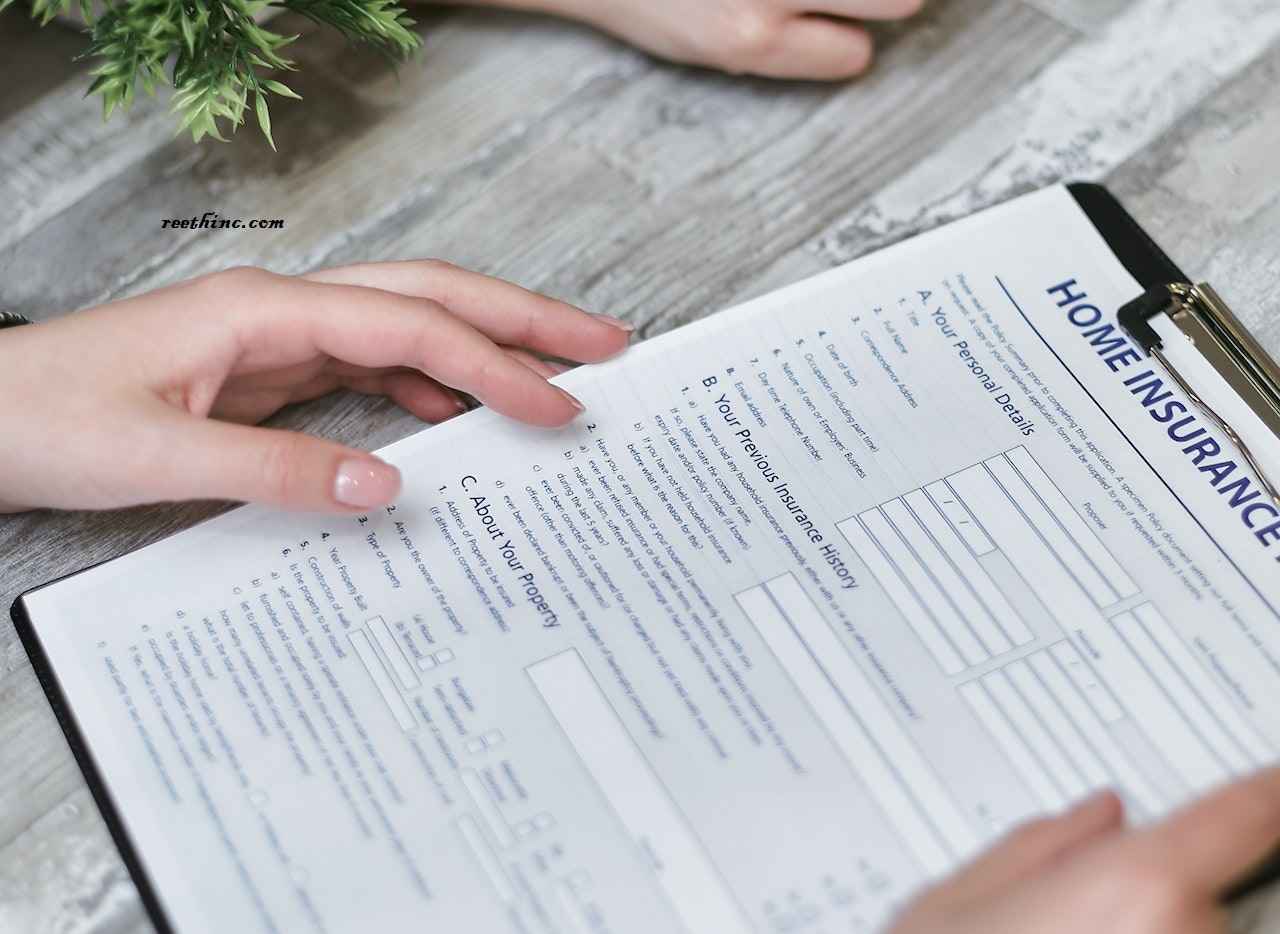Home Insurance Protecting Your Home and Assets
For most individuals, purchasing a home is a major investment. However, Home Insurance Protecting Your Home and Assets can be a risky investment without proper guarantee coverage.
Home insurance is an essential type of guarantee that protects homeowners from financial losses that may arise from damages to their homes and personal property.
In this article, we will explore Home Guarantee Protecting Your Home and Assets, its importance, types of coverage, and how to choose the right guarantee policy for your needs.
Why Home Insurance is Important
Home insurance provides protection for your home and personal property against risks such as theft, fire, natural disasters, and liability claims.
Without a home guarantee, you may face significant financial losses if your home and personal property are damaged or destroyed.
The home guarantee provides peace of mind knowing you are protected against unforeseen circumstances.
Types of Home Insurance Coverage
There are various types of home guarantee coverage. The most common types of homeguarantee coverage include:
Dwelling Coverage
Dwelling coverage provides protection for the physical structure of your home. It covers damages to your home’s foundation, walls, roof, and other structures attached to your home.
Personal Property Coverage
Personal property coverage provides protection for your personal belongings, such as furniture, electronics, and clothing. It covers losses due to theft, fire, and other perils.
Liability Coverage
Liability coverage provides protection against claims made against you for bodily injury or property damage caused by you or a family member. It also covers damages caused by pets.
Additional Living Expenses Coverage
Additional living expenses coverage provides coverage for expenses you incur when you are forced to temporarily relocate from your home due to damage caused by a covered peril.
Factors to Consider When Choosing a Home Insurance Policy
Choosing the best home guarantee coverage may be difficult. Here are some factors to consider when choosing a home guarantee policy:
Coverage Limits
Ensure you choose a policy that provides adequate coverage limits for your home and personal property.
Deductibles
Deductibles are the amount of money you pay out of pocket before your insurance coverage kicks in. Choose a deductible that you can afford.
Policy Exclusions
Read and understand the policy exclusions to know what is not covered in your policy.
Discounts
Ask your insurance provider about available discounts, such as bundled coverage and home security discounts.
How to File a Home Insurance Claim
Filing a home insurance claim can be stressful. Here are the steps to follow when filing a home insurance claim:
Contact Your Insurance Provider
Contact your insurance provider immediately after the loss occurs. Provide all necessary information, such as the date and time of the loss, the cause of the loss, and the extent of the damage.
Document the Damage
Take photos and videos of the damage for documentation purposes.
Meet with the Adjuster
Your insurance provider will send an adjuster to assess the damage. Ensure that you are present during the assessment to provide additional information.
Receive Payment
Once the adjuster has completed the assessment, your insurance provider will provide payment for the damages.
Conclusion
Home insurance is a critical component of homeownership. It protects your investment and provides peace of mind knowing you are protected against unforeseen circumstances.
When choosing a home guarantee policy, consider coverage limits, deductibles, policy exclusions, and available discounts. In the event of a loss, contact your insurance provider immediately and document the damage.
FAQs
Is home insurance mandatory?
A home guarantee is not mandatory, but it is highly recommended for homeowners.
What are some common policy exclusions in home insurance?
Some common policy exclusions include damage caused by floods, earthquakes, and other natural disasters.
What should I do if I disagree with the damage estimate provided by the adjuster?
If you disagree with the adjuster’s assessment, you can request a second opinion or file a dispute with your insurance provider.
